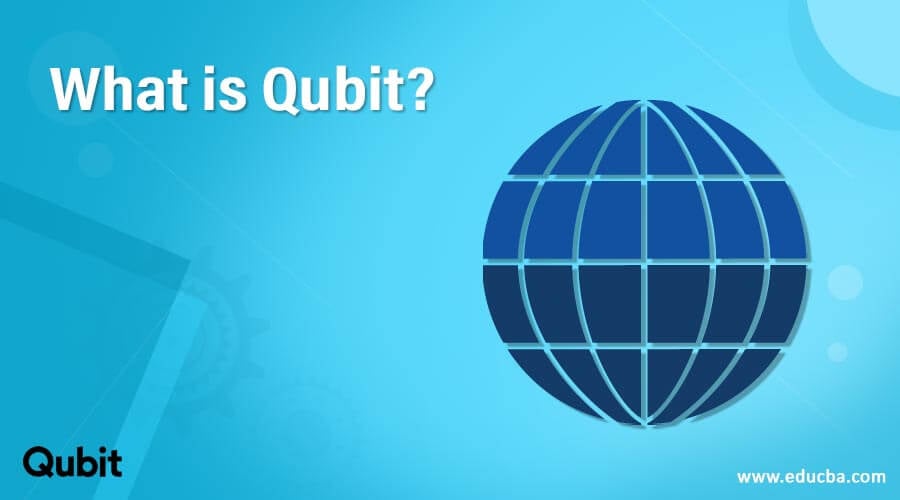Updated May 17, 2023
Definition of Qubit
Otherwise called a quantum bit, a qubit is synonymously the bit representation in quantum mechanics. In computing, bits are the size of any character or information in the computing environment, and in quantum computing, they represent the size of the data loaded. So, to act as a computer processor in quantum mechanics, the qubit represents the atoms or any ions in the respective devices to represent the storage and processing. Qubits are the basic unit of computing information in quantum computing.
What is Qubit?
- A qubit is a quantum state that is superposed using complex numbers in quantum mechanics.
In simpler terms, we can say that a qubit represents the two forms of a unit, such as yes/no or true/false. By utilizing qubits, it becomes possible to represent the states of quantum mechanics and characterize the paths of individual atoms or ions as qubits. Thus, if the course is cyclic, the qubit can be in any part of the sphere. This is different from that of a normal bit in computing. - This position gives the path information in quantum mechanics, and thus the information provided by qubit and bit is different. The data in quantum computing can be highly complex and requires an understanding of quantum mechanics to explore effectively. Given that qubits operate with two states, the information regarding the position within quantum mechanics needs to be decomposed into two states for optimal performance of the qubit.
- In addition, qubits are employed in logic circuits since they can measure information in two states. Once qubits have been constructed, quantum logic operations, including phase gates, are performed on them. It must ensure that the number of logic quantum gates is equally in and out. Hence, the normal AND and OR logic gates should be reframed to manage the qubit information.
Importance of Qubit
- Collaborating quantum mechanics with the computer system is the need of the hour for the growth and advancement of technology. It helps to coregulate information that cannot be monitored with bits’ help and pass the information more securely. This helps to avoid the creation of any other channels and to transfer the information. There will be lots of data; if traditional computing is used, it will take more time and space. It also helps to speed up the process and reduce storage memory.
- Other than quantum computing, qubits are also helpful in the field of sensors. This improves the security of data stored in the quantum field, protects the same, and helps in network and communication channels, thus helping in the faster delivery of messages and encrypted networks for security-related information. Optimization is another level of importance that helps in trading online and defense.
- Also, we have qubyte, which constitutes eight qubits. This helps to save time and the process for an expert. Also, the cryptography algorithm is another application of qubits, as the entanglement can be done only in quantum mechanics. Entangling acts as a resource, making the process more effective.
- One application of qubits is in a mixed state, which makes the superposition of qubits in terms of probability measured and applied similarly. The importance of qubits cannot be simplified with the overall summary.
Advantages
- Two-state systems help perform the computations faster and make them more useful in all applications. Also, superconducting qubits’ presence helps the process be faster with higher memory in the system. When regular computers play with binary numbers of ones and zeroes, superposition allows qubits to work with ones, zeroes, and combinations of ones and zeroes.
- Entanglement helps to collaborate with objects at a huge distance without being physically in touch. By covering a vast space, it becomes possible to entangle a greater number of atoms and process a larger amount of information. The speed of qubits can reach trillions of operations per second, greatly aiding in the exploration of new ideas and technologies. With the ability to quickly analyze the fundamentals of quantum computing using qubits, physicists can accelerate their research and make advancements more rapidly.
- Using qubits for measurements can accelerate the pace of the process. The superconductivity, chemical reactions, and designs can be done quickly with simulation in the system.
- While two-state systems are commonly utilized, it is also possible to employ three-state or multilevel states in quantum computing. The storage is always consistent, and this helps to store the information for developing advanced systems.
Recommended Articles
We hope that this EDUCBA information on “What is Qubit?” was beneficial to you. You can view EDUCBA’s recommended articles for more information.



